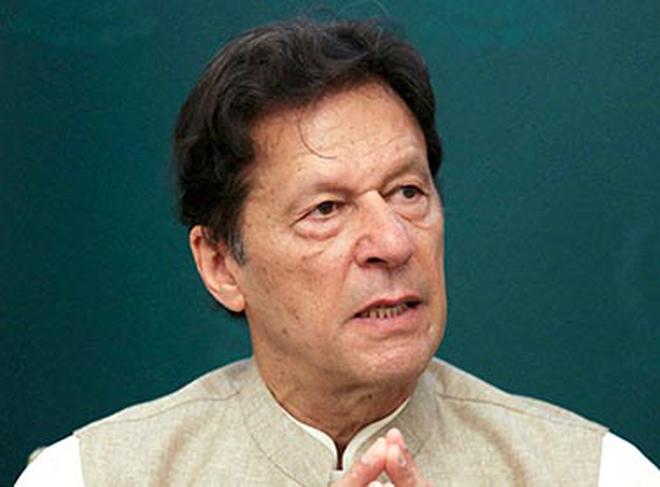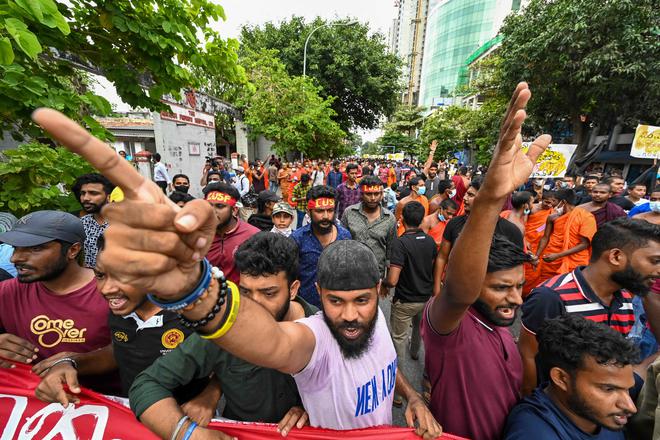Even as Russia’s Ukraine invasion completed six months on August 24, India voted against a Russian motion at the UN Security Council that sought to bar Ukrainian President Volodymyr Zelensky from addressing the council virtually. The Russians said President Zelensky should either come to New York in person to address the council or let his envoy do the job. But India, along with 12 members of the Security Council voted against the motion, while China abstained. Officials later said the Indian position on the Ukraine war hadn’t changed and that the vote was not against Russia. “My understanding is that we have not voted against anybody. It was a proposal to allow him [Zelensky] to speak virtually, and we allowed it,” The Ministry of External Affairs spokesperson, Arindam Bagchi, told reporters in New Delhi. However, the vote is significant as it’s the first time since the war began India voted against a Russian motion at an international forum.
India’s official position is that it supports talks between Russia and Ukraine, while it has refused to join the West-led sanctions on Russia. In the recent past, India had expressed its unhappiness with the situation in Ukraine without resorting to ant name calling. The UN vote comes a few days after Ukraine’s Foreign Minister sharply criticised India’s continuing economic ties with Russia. In a virtual media interaction, Dmytro Kuleba said on August 17, “When India purchases Russian crude oil [at a discount], they have to understand that the discount has to be paid by Ukrainian blood. Every barrel of Russian crude that India gets, has a good portion of Ukrainian blood in it.” He added that Ukraine expected “more practical support” from India.
Meanwhile, the war seems to have entered into a perilous stalemate. On August 24, Ukraine’s Independence Day which also marked six months of the invasion, Mr. Zelensky said his country would fight “till the end”. On the same day, Russia carried out a massive strike at a railway station in central Ukraine, which showed that Russia can continue to bomb the country at its will, though it’s not clear whether these attacks will have any meaningful impact on the battlefield. In this editorial, The Hindu argues that the war is hurting, either militarily or economically, all sides—Ukraine, Russia and the West — and that the way forward is a ceasefire followed by peace talks between Russia and Ukraine, something modelled after the UN and Turkey-mediated talks that saw a breakthrough in shipping Ukrainian grains via the blockaded Black Sea.
‘Militarisation’ of the Taiwan Strait
Weeks after U.S. House Speaker Nancy Pelosi’s visit to Taiwan, the crisis around the island refuses to die down. More U.S. lawmakers visited the self-ruled island, which has been claimed by China as its part and officially recognised by most countries in the world, including the U.S. and India, in defiance of Beijing. On Sunday, the U.S. Seventh Fleet announced that two warships—the USS Antietam and USS Chancellorsville — sailed through the Taiwan Strait, which could infuriate China further. India has taken a cautious approach towards the Taiwan Strait Crisis. India has followed a ‘One China Policy’ since its recognition of the communist China in 1949 and maintained only trade and cultural ties with Taiwan. Following Ms. Pelosi’s visit and China’s live military drills around the island, India had warned against unilateral attempts to change the status quo around the Taiwan Strait. Asked about its ‘One China Policy, India said its relevant policies on the matter was well-known and consistent and did not “require reiteration”. On Saturday, for the first time, India referred to the “militarisation of the Taiwan Strait” by China. The reference, in a statement issued by the Indian High Commission in Sri Lanka, marked a more pronounced expression of New Delhi’s views over the situation in the Taiwan Strait than its previous response, writes Ananth Krishnan.

Imran in trouble
Former Pakistan Prime Minister Imran Khan appears to be in trouble. Since being ousted from power in April, the firebrand leader has held several rallies across the country, attacking the new government and the military establishment. Last week, the Pakistani police charged Mr. Khan under anti-terror laws. Police say the former Prime Minister breached the country’s anti-terrorism act by making threats against state officials. However, a Pakistani court extended Mr. Khan protection from arrest until September 1. Mr. Khan also faces two other cases—one for allegedly defying a ban on staging rallies in Islamabad and the other over contempt of court. Mr. Khan wants a dissolution of Parliament and early elections, but the government, led by Shehbaz Sharif, seems determined to go after him.

Arrests in Sri Lanka
Ever since Gotabaya Rajapaksa was forced to flee the country and then resign as Sri Lanka’s President, the new government, led by Ranil Wickremesinghe, has turned against the protesters, arresting and harassing the same set of people who brought in the political change. In the latest, three student leaders were detained under a controversial anti-terrorism law. On August 18, the police arrested nearly 20 protesters at a march held in Colombo, organised by the Inter University Students’ Federation. While most of them were soon granted bail, three activists were detained under the Prevention of Terrorism Act, reports Meera Srinivasan.
The Top Five
- The road to China’s 20th Party Congress: The Party Congress is significant as it is being held at a time when China sees the period as one of ‘great disorder’, writes M.K. Narayanan.
- Reinvigorating the Chabahar port: Why has interest in the Iran-based port suddenly spiked? How has the port construction progressed so far? Suhasini Haidar explains in The Hindu Text and Context
- Heading the G20 and New Delhi’s choices: With geopolitical currents redefining geo-economics, India needs to be ready to emerge as the chief global diplomat, writes Rajiv Bhatia.
- Strangling Tunisia’s democracy: Kais Saied is a populist zealot who promises El Dorado even as he leads his country into a quagmire, writes Talmiz Ahmad.
- The guru of Neo-Eurasianism: Alexander Dugin, the Russian political philosopher whose daughter was killed in a car bomb blast in Moscow recently, believes in an expansionary civilisational state, writes G. Sampath in The Hindu Profiles.







